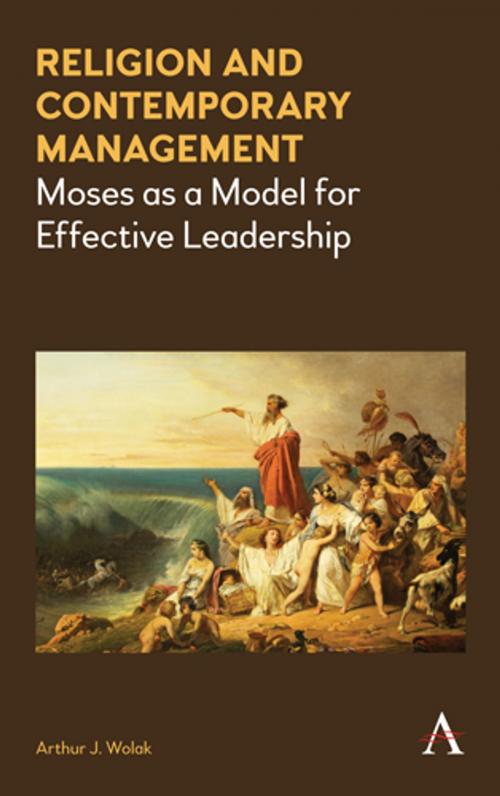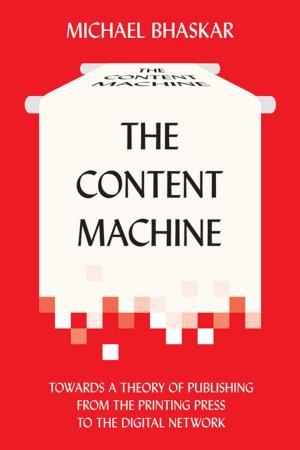Religion and Contemporary Management
Moses as a Model for Effective Leadership
Business & Finance, Management & Leadership, Leadership, Management| Author: | Arthur J. Wolak | ISBN: | 9781783086016 |
| Publisher: | Anthem Press | Publication: | November 21, 2016 |
| Imprint: | Anthem Press | Language: | English |
| Author: | Arthur J. Wolak |
| ISBN: | 9781783086016 |
| Publisher: | Anthem Press |
| Publication: | November 21, 2016 |
| Imprint: | Anthem Press |
| Language: | English |
Although few might think of Moses as a ‘leader’ in the contemporary business and political sense, Moses is not only among the most significant leaders in Western civilization but is also arguably the quintessential example of a powerful leader from whom much can be learned by anyone entering and occupying leadership positions. Various types of leadership approaches are considered that have been advocated by scholars over the past century. Moses’ example as described in the Bible is analyzed to assert why Moses’ approach makes for an appropriate and compelling form of leadership today.
While present leadership and management vocabulary might differ from the Hebrew Bible, many of the notions advocated by modern leadership theorists appear to parallel major behaviors, traits, functions, experiences and actions ascribed to Moses, especially in the first five books of the Hebrew Bible. Anyone can view Moses through the lens of a particular religion, whether shared or not, and still learn considerably from the experience. One will find Moses depicted as heroic, charismatic, and certainly empathic. Yet, Moses also shows transactional, transformational and visionary leadership qualities. Hence, ‘Religion and Contemporary Management’ discerns why Moses represents such an important model of effective leadership for contemporary times.
Although few might think of Moses as a ‘leader’ in the contemporary business and political sense, Moses is not only among the most significant leaders in Western civilization but is also arguably the quintessential example of a powerful leader from whom much can be learned by anyone entering and occupying leadership positions. Various types of leadership approaches are considered that have been advocated by scholars over the past century. Moses’ example as described in the Bible is analyzed to assert why Moses’ approach makes for an appropriate and compelling form of leadership today.
While present leadership and management vocabulary might differ from the Hebrew Bible, many of the notions advocated by modern leadership theorists appear to parallel major behaviors, traits, functions, experiences and actions ascribed to Moses, especially in the first five books of the Hebrew Bible. Anyone can view Moses through the lens of a particular religion, whether shared or not, and still learn considerably from the experience. One will find Moses depicted as heroic, charismatic, and certainly empathic. Yet, Moses also shows transactional, transformational and visionary leadership qualities. Hence, ‘Religion and Contemporary Management’ discerns why Moses represents such an important model of effective leadership for contemporary times.















